Post by Bonobo on Mar 29, 2018 21:41:07 GMT 1
Birthdays are mostly celebrated throughout childhood till the 18th one. Later people prefer to celebrate namedays for obvious reasons.
www.thespruce.com/polish-name-day-imieniny-1136556
In Poland, name day or imieniny (eem-yeh-NEE-nih) is more important than one's birthday or urodziny, particularly as age-conscious folks get on in years, although recently, a greater emphasis is being placed on the latter.
Since the Middle Ages, the Calendar of Saints is a Christian method of associating each day with the names of one or more saints (usually one male saint and one female saint) and referring to that day as their feast day.
Things have changed somewhat in the 21st century but, for Catholics and Orthodox Christians in Eastern Europe and other parts of the world, babies are typically named after a saint whose feast day was closest to the date of birth or baptismal date (in fact this was enforced by Catholic priests). The feast day date often became the “new” date of birth.
In Poland, most local calendars are still inscribed with saints' feast days. Name days are celebrated with family, friends, good food, drink and dancing but numbers or years aren't mentioned. Whereas one would say, "Happy 7th Birthday," one would never say "Happy 7th Name Day." Additionally, there are no name day cards with years printed on them or candles representing age on a cake.
Toasts include Za zdrowie solenizanta (for a male) or Za zdrowie solenizantki (for a female), which means "To the health of the name day celebrator.” You'll hear Duzo zdrowia, szczescia i pomyslnosci (“Lots of health, luck and success”) or Wszystkiego najlepszego! (“All the best!”) and Sto lat! (A hundred years!) as guests present the female celebrator with small gifts of chocolates, flowers, perfume, clothing or something for the home, and liquor, a book, or fishing or hunting equipment for the male celebrator.
Guests can expect to be plied with all types of Polish appetizers like rollmops, stuffed eggs, salads, relishes, pickled items, homemade cordials or nalewki, vodka, a main-course hot dish like bigos, perhaps, and Polish desserts by the score. Special dispensations are given to those who celebrate St. Joseph's Day as name day because it falls on March 19 during Lent, when rich food and merrymaking is discouraged.
When the waves of Polish immigrants came to the United States in the 1800s, they often gave their name day (the month and day) as their date of birth, that's how significant name day was in Poland.
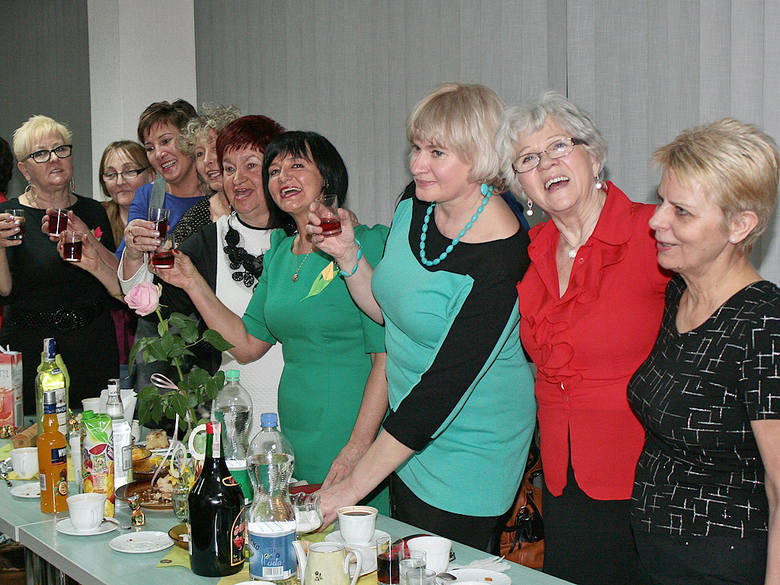
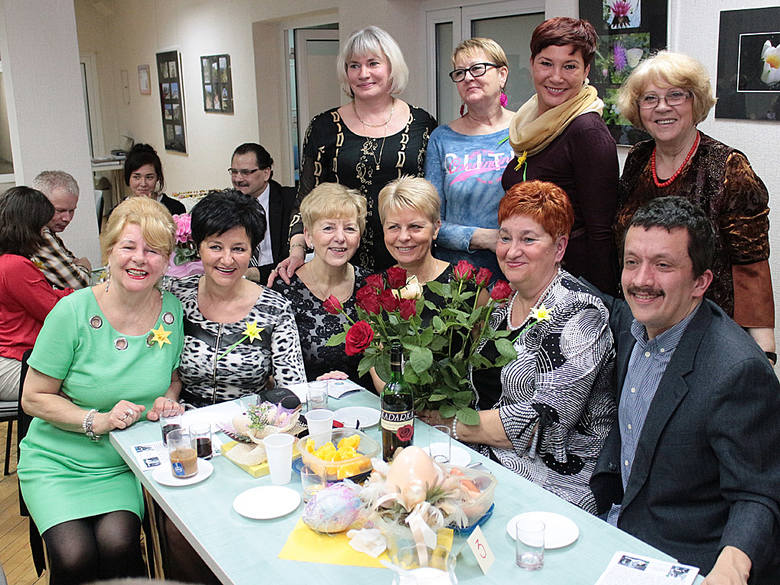


Interesting photos on this site hiveminer.com/Tags/nameday,poland
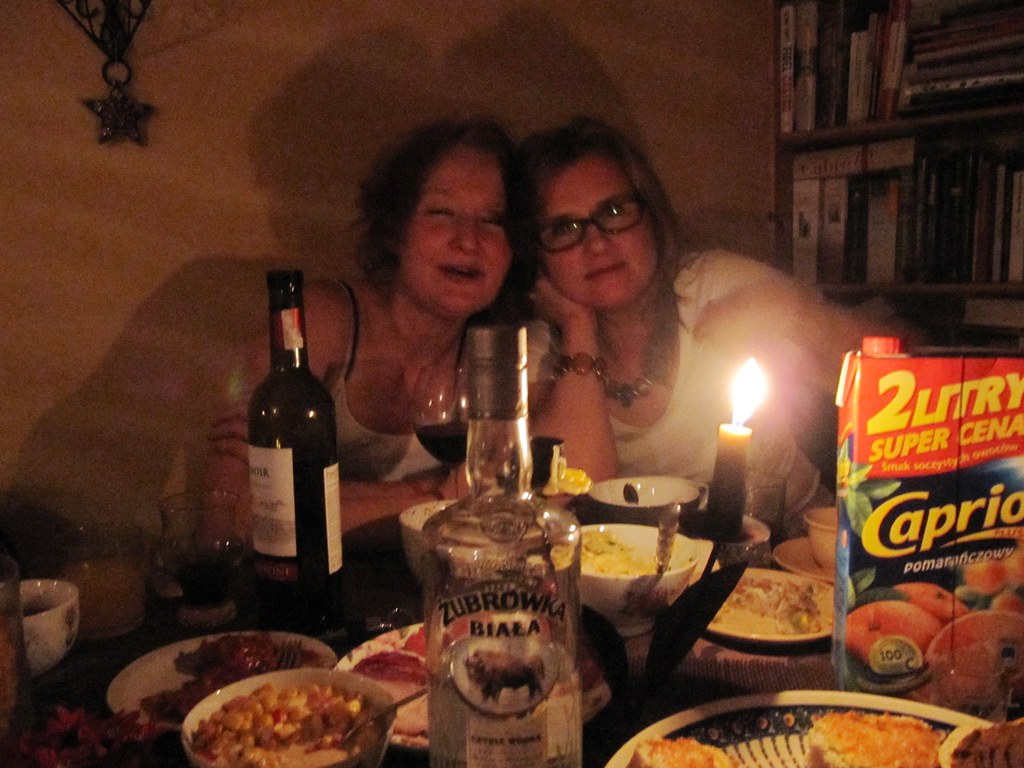

emilysguidetokrakow.com/2015/06/28/polish-traditions-the-name-day-and-grilled-sausages/


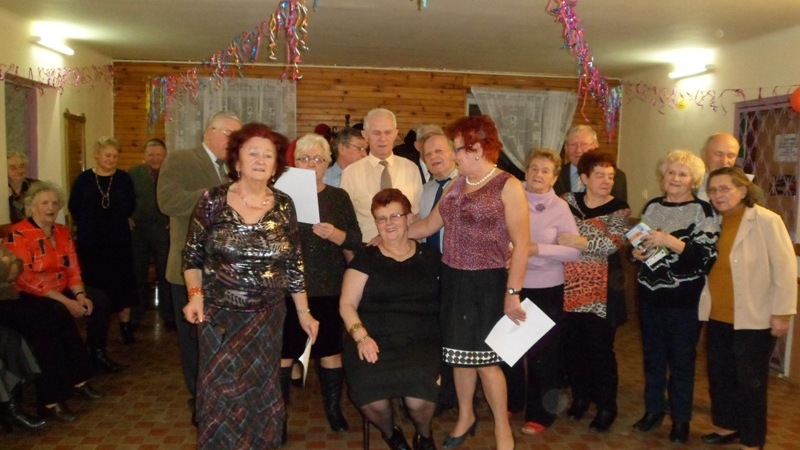

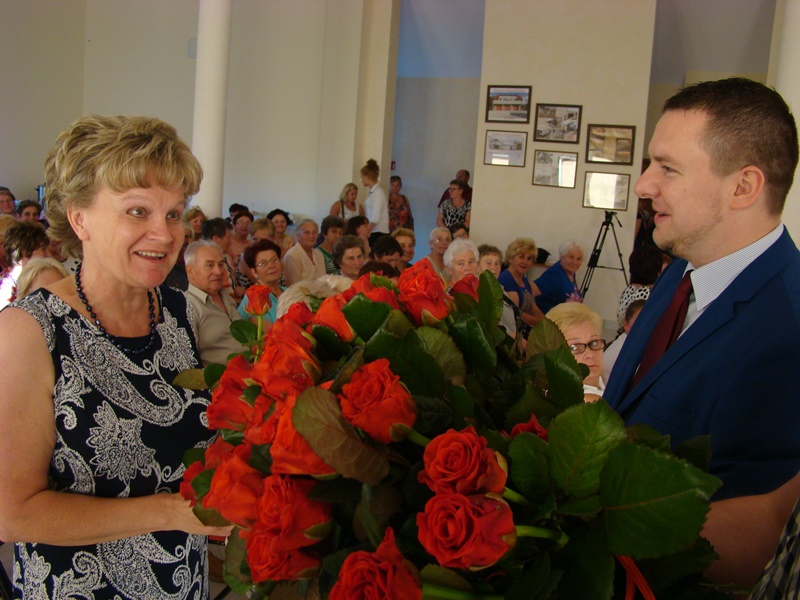


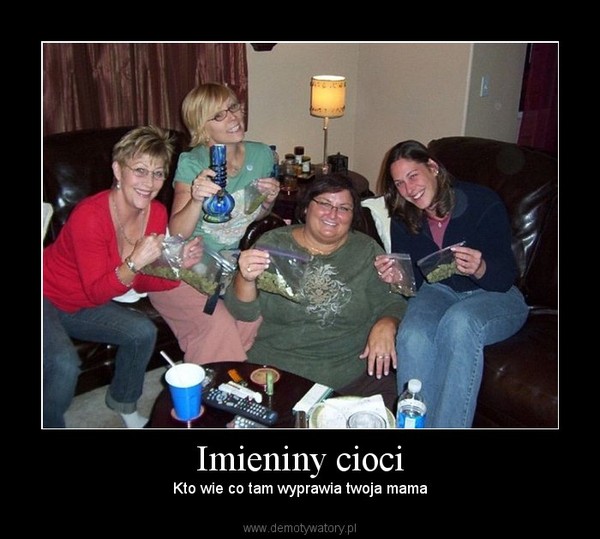
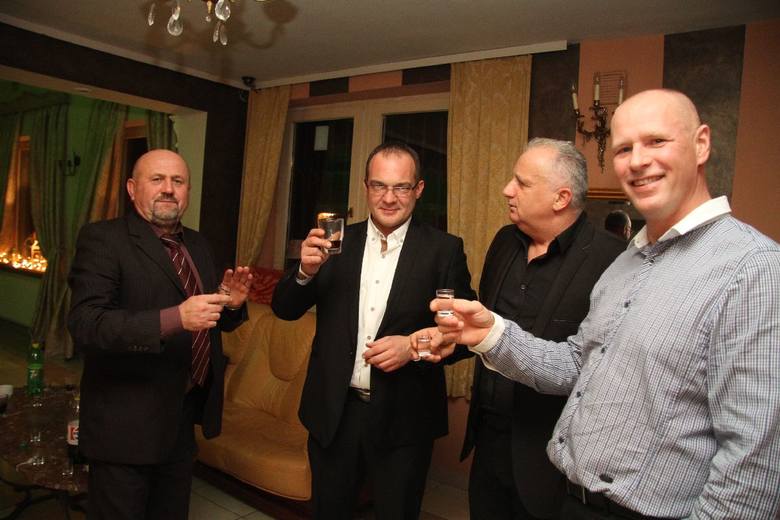
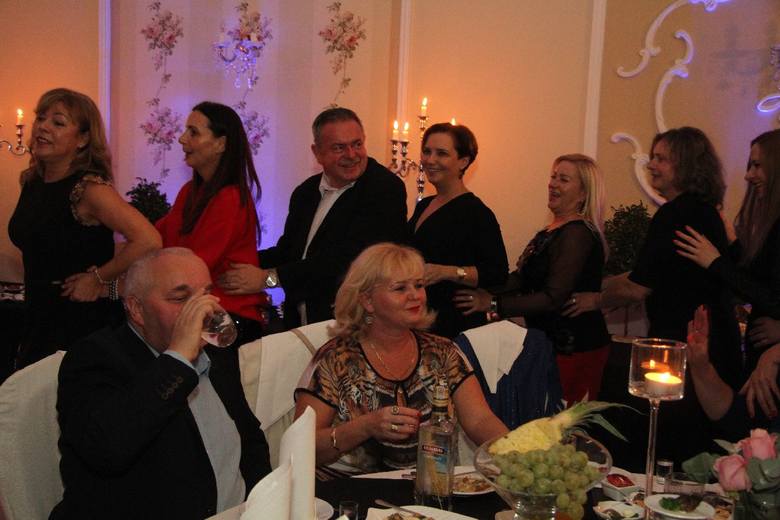
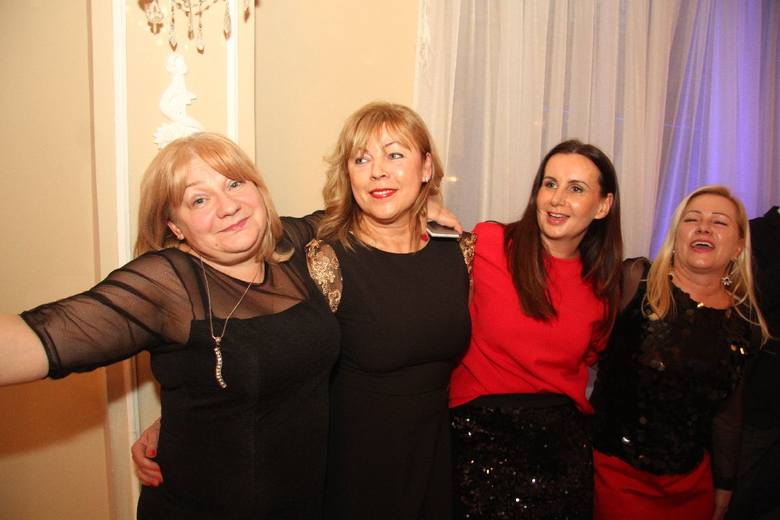



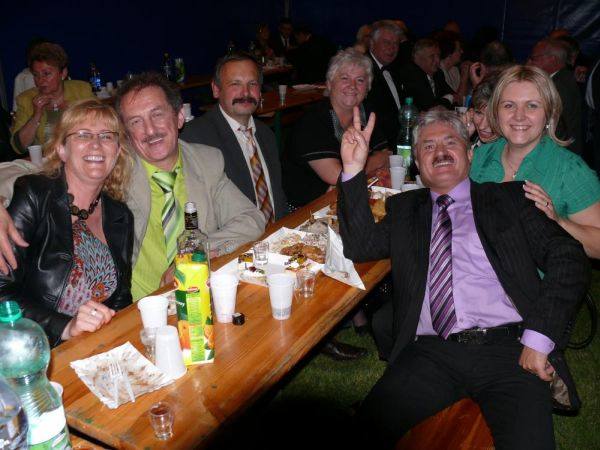


www.thespruce.com/polish-name-day-imieniny-1136556
In Poland, name day or imieniny (eem-yeh-NEE-nih) is more important than one's birthday or urodziny, particularly as age-conscious folks get on in years, although recently, a greater emphasis is being placed on the latter.
Since the Middle Ages, the Calendar of Saints is a Christian method of associating each day with the names of one or more saints (usually one male saint and one female saint) and referring to that day as their feast day.
Things have changed somewhat in the 21st century but, for Catholics and Orthodox Christians in Eastern Europe and other parts of the world, babies are typically named after a saint whose feast day was closest to the date of birth or baptismal date (in fact this was enforced by Catholic priests). The feast day date often became the “new” date of birth.
In Poland, most local calendars are still inscribed with saints' feast days. Name days are celebrated with family, friends, good food, drink and dancing but numbers or years aren't mentioned. Whereas one would say, "Happy 7th Birthday," one would never say "Happy 7th Name Day." Additionally, there are no name day cards with years printed on them or candles representing age on a cake.
Toasts include Za zdrowie solenizanta (for a male) or Za zdrowie solenizantki (for a female), which means "To the health of the name day celebrator.” You'll hear Duzo zdrowia, szczescia i pomyslnosci (“Lots of health, luck and success”) or Wszystkiego najlepszego! (“All the best!”) and Sto lat! (A hundred years!) as guests present the female celebrator with small gifts of chocolates, flowers, perfume, clothing or something for the home, and liquor, a book, or fishing or hunting equipment for the male celebrator.
Guests can expect to be plied with all types of Polish appetizers like rollmops, stuffed eggs, salads, relishes, pickled items, homemade cordials or nalewki, vodka, a main-course hot dish like bigos, perhaps, and Polish desserts by the score. Special dispensations are given to those who celebrate St. Joseph's Day as name day because it falls on March 19 during Lent, when rich food and merrymaking is discouraged.
When the waves of Polish immigrants came to the United States in the 1800s, they often gave their name day (the month and day) as their date of birth, that's how significant name day was in Poland.




Interesting photos on this site hiveminer.com/Tags/nameday,poland


emilysguidetokrakow.com/2015/06/28/polish-traditions-the-name-day-and-grilled-sausages/






















